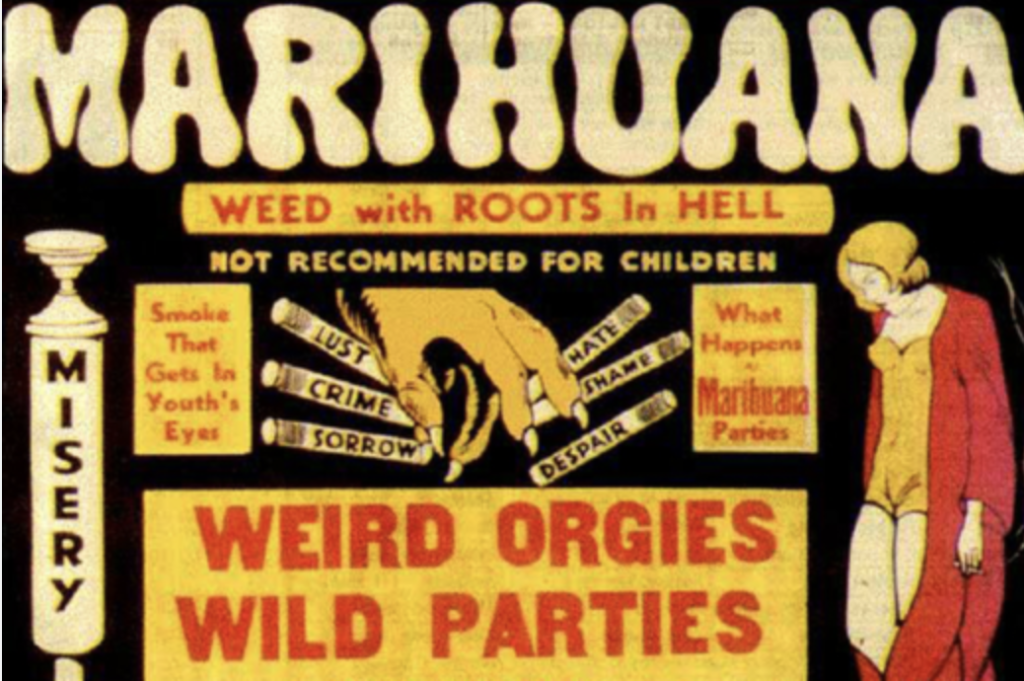These days, there is a chorus of opining about the hellscape Minnesota will become when marijuana soon is legalized. Impaired driving! Health problems! Underage use! It’s starting to sound like a 2023 remake of the classic propaganda film “Reefer Madness.”

Though the concerns are exaggerated, they are valid. Yes, driving while stoned is dangerous and will increase. Yes, legalized marijuana products will fall into the hands of minors and that can be dangerous. Yes, marijuana use can be unhealthy, particularly for younger, developing brains.
At the same time, similar issues have long existed with already legal alcohol, and are often much worse than we’re seeing in the many states with legalized marijuana.
- Impaired Driving. In 2017, 24,862 Minnesotans were arrested for driving while impaired. Most of those were abusing alcohol.
- Underage Use. In 2011, a national found that 39 percent of high schoolers drank alcohol in the last 30 days, 22 percent binge drank, and 8 percent drove after drinking alcohol.
- Health Problems. According to the Minnesota Department of Health, in 2020 alcohol contributed to 35,889 inpatient hospitalizations and 43,217 emergency room visits. Between 2015 and 2019, 2,151 alcohol-related deaths happened.
Despite these alarming alcohol-related statistics, I don’t know of a single supporter of marijuana prohibition who wants alcohol prohibition reinstated.
Many folks delivering red-faced warnings about the dangers of the devil weed have themselves used alcohol before it was legally permissible, made their health worse by drinking alcohol, and/or driven while impaired by alcohol use. Raise a glass to hypocrisy!
While marijuana use is vilified, particularly by older Minnesotans, about 59 percent of Minnesotans heedlessly use demonstrably dangerous and addictive alcohol products. And mainstream culture romanticizes and celebrates them.
As I’ve written here in the past, some of the marijuana tax revenue should be used to mitigate the impacts of expanded marijuana use, such as a public education campaign to warn people about the legitimate concerns about underage marijuana use, marijuana use for people with certain conditions, and driving while high on marijuana.
Those kinds of measures, not prohibition, are how we attempt to limit the downsides of alcohol use, and those measures, not prohibition, are how we should limit the downsides of marijuana abuse.
We are a free country that allows people to take risks. The risks associated with marijuana are not insignificant, but they pale compared to the risks alcohol users routinely take. That being the case, marijuana pearl-clutchers should shift from pushing to perpetuate the disastrous marijuana prohibition experiment to advocating for reasonable efforts to mitigate the harms of marijuana use.
